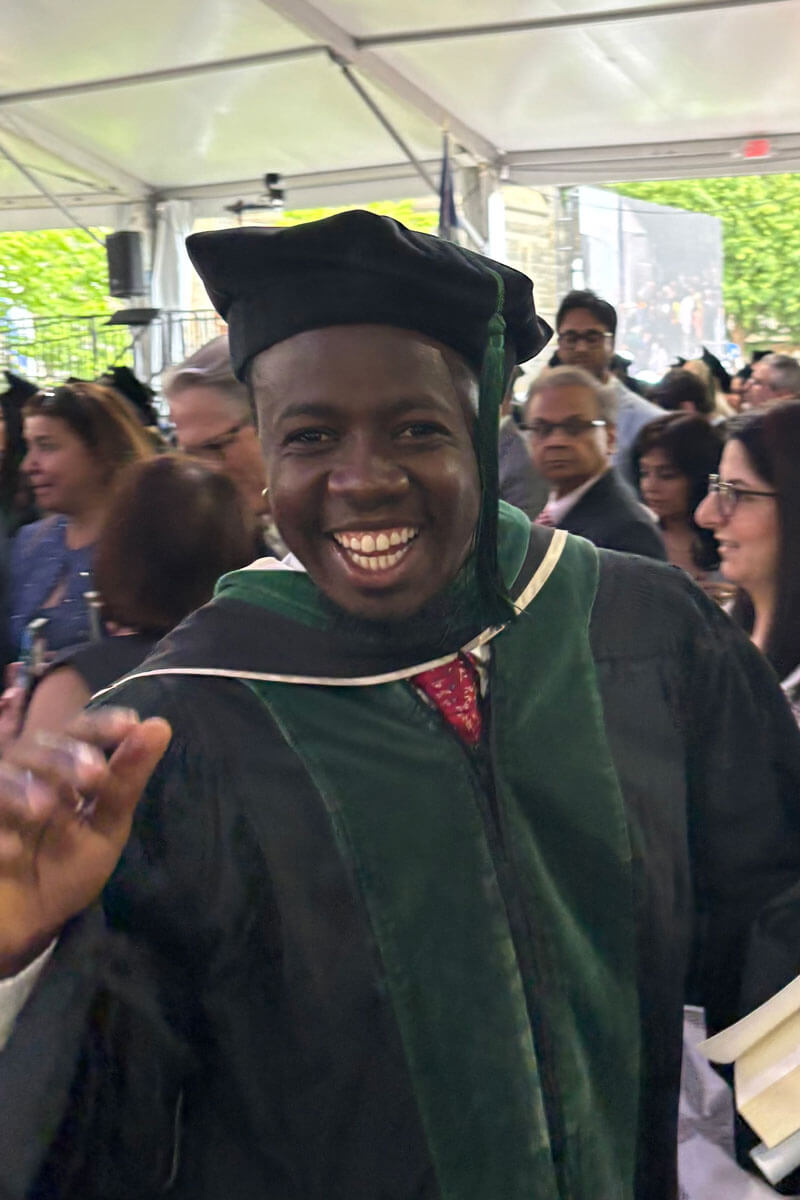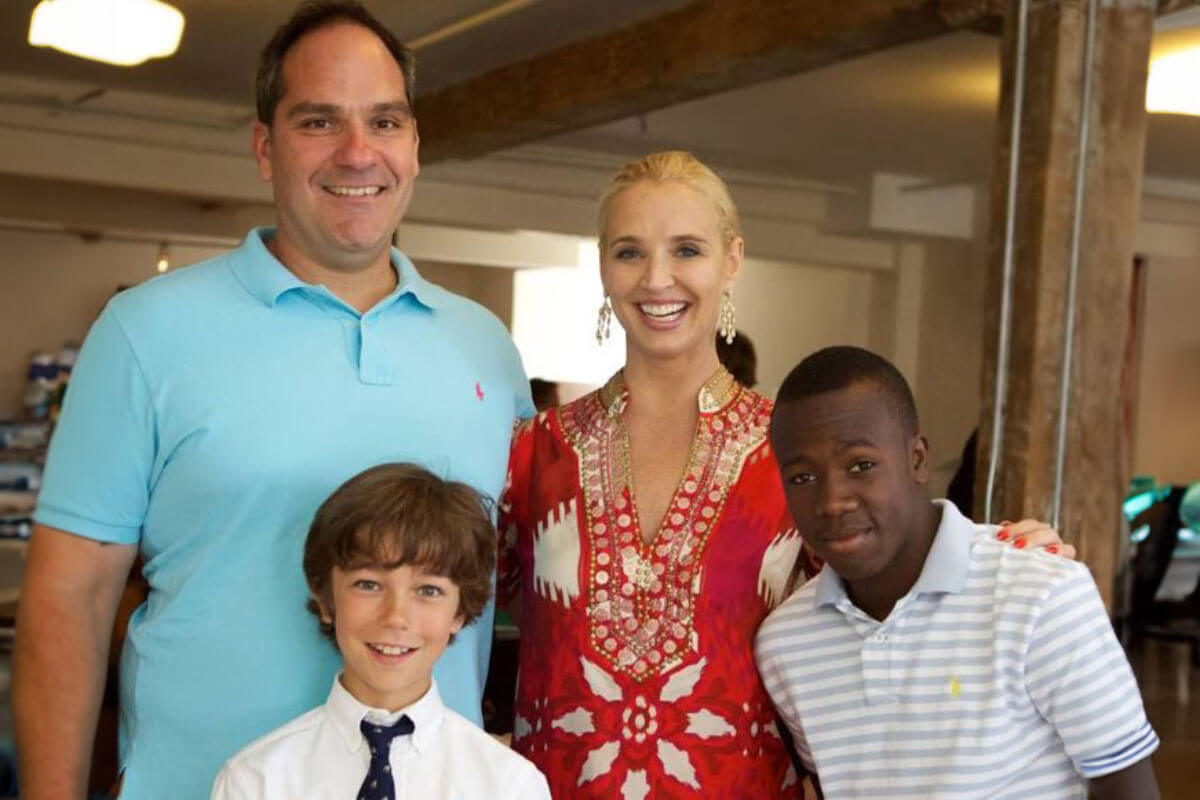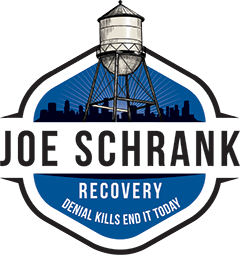
But we didn’t do it alone. Adopting Andrew was a collaboration with St. Francis Xavier in New York City—the greatest Catholic school in the world, in my opinion. Their partnership and unwavering commitment to education and compassion made all the difference. With their support, we were able to provide Andrew with a home and a real shot at a better future.
Today, Andrew isn’t just surviving—he’s thriving. He graduated from Georgetown University, completed medical school, and is now starting his residency. From an orphanage in Nairobi to becoming a doctor in America, his journey is nothing short of miraculous.

But here’s the truth: none of this could have happened without honesty and quality mental health care. I know from my own recovery that drunk, depressed people can’t help someone else climb life’s mountains. It was the work Laurie and I did on ourselves—getting sober, addressing our mental health, and staying honest—that allowed us to show up for Andrew fully and consistently.


This story isn’t just about adoption. It’s a testament to the power of recovery and the moral imperative we have to participate in the world. When we do the work of recovery, we’re not just saving our own lives—we’re making it possible to change someone else’s future, too.
Recovery works. Expect miracles.

